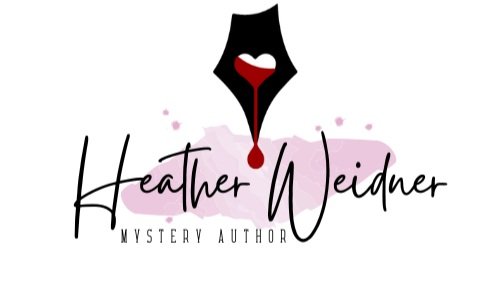Some Strategic Planning Tips That Can Help Your Writing
/I recently completed a Strategic Training course for the day gig. A lot of the concepts, designed for planning and prioritizing IT work also translate to the writing world. Here’s what I learned.
You need to know who your customers are: Writers need to know who their readers are, and it’s not everyone who likes books. Authors need to look at their followers, their web and social media metrics, and their reviews to see if they can categorize who is buying and reading your book. Sometimes, it’s hard. If you don’t have data to look at, look at other authors who write books that are similar to yours. Look at their reviews and see which book bloggers and bookstagrammers are reading their work.
This helps you target your advertising and marketing to the groups who would be likely to be interested in your work. For example, from my metrics and demographics data, I can see that my readers are usually females between 20 and 60 who like animals, cozy mysteries, and humorous mysteries. I can create events, give-aways, and other promotions that would appeal to folks who have similar interests.
Wave your own flag: Sometimes, authors have trouble with promoting themselves because it feels like bragging, or they don’t feel comfortable being in the spotlight. Marketing, promotions, and building your author platform often force writers to step out of their comfort zones. It’s important to celebrate your wins and news. Try to keep your posts balanced. Your news/marketing items on social media should be 10 to 20% of your overall posts. And don’t forget to celebrate the successes of others!
Spend the time you have to on necessary tasks, but no more: This one is important for your time management. There are thousands of tasky things we have to do that don’t relate to your writing. The rule is to spend the time you have to on these things, but keep it limited. Remember that your job is to write your next book and to promote your work.
Plan for crisis situations to minimize risks: Always have a backup plan for emergencies. Make sure that you can get to your contact lists if your phone or email go down. Make sure that you backup your files. Your writing is precious, and there is nothing that will make a writer cry faster than to loose something you’ve been working on. Make sure that you keep your computer and phones updated regularly. These patches and updates contain security fixes. If you don’t apply them, your device is vulnerable.
Scan the environment and know your competition: Authors need to know what is going on in the industry and their genre. Read everything you can get your hands on. Peruse online or physical bookstores and see what is on the shelves and how books are categorized. Join writing groups for knowledge shares and training.
Apply lessons learned: Some critiques, rejections, and bad reviews don’t feel good. After you calm down, take the time to understand what the person was telling you. If there is something valuable in the feedback, take it as a lesson learned and find ways to incorporate it. Continuous improvement is a key part of your growth.
I know these concepts are for technology projects, but the concepts apply to writers and the work we do.
















